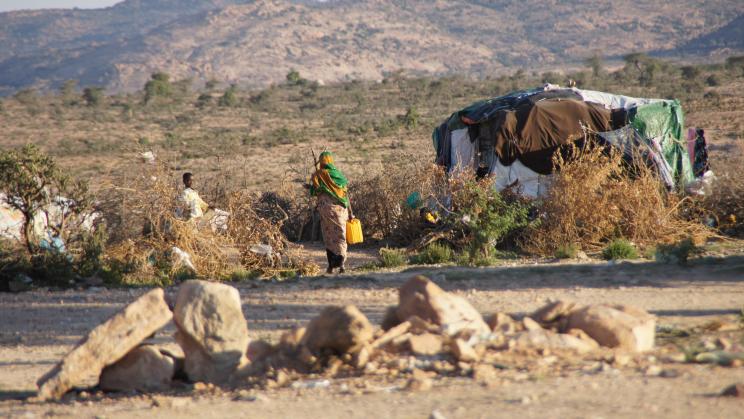
With an estimated 1 in 45 people needing humanitarian assistance, growing global needs are far outstripping available funding for humanitarian action. The need for life-saving assistance is expected to increase, reflecting not only humanitarian concerns, but also development and peace failures. The 2030 Agenda, the United Nation’s Quadrennial Comprehensive Policy Reviews, the World Humanitarian Summit, the 2016 twin UN General Assembly and Security Council resolutions on peacebuilding and sustaining peace, and the Organisation for Economic Co-operation and Development's (OECD) Development Assistance Committee (DAC) have all been explicit in calling for humanitarian, development and peacebuilding action to enhance cooperation, collaboration and coordination in crisis and fragile settings. This is ever more important now as the pandemic has increased humanitarian needs, while adversely impacting assistance budgets, including funding for conflict prevention, peacebuilding and development efforts.
In the emerging post-pandemic world, humanitarian, development and peacebuilding action must be more coherent and coordinated. The compound nature of today’s political, social, economic and environmental risks requires approaches and solutions grounded in a common understanding of needs, threats and vulnerabilities in conflict settings. Donor partners play an especially important role in catalysing cooperation amongst actors.
This proposed event will bring together high-level panellists from development, humanitarian and peacebuilding communities to reflect on past and ongoing efforts at exchanging information and insights and undertaking joint analysis, examining what has worked and what must change. The objective of the panel is to address what is needed to get to a common understanding for more integrated peace, development and humanitarian action. More importantly, the panel will also aim to address how this is done. Panellists will share examples of ongoing joint activities, including data sharing and analysis, while highlighting barriers inhibiting joint work. Panellists will also discuss the role of donors in incentivizing increased collaboration across humanitarian, development and peacebuilding actors.
The event is co-organized by SIPRI and the UN Development Programme (UNDP).
Speakers
Dan Smith, Director, SIPRI
Janine Alm Ericson, Swedish State Secretary to the Minister for International Development Cooperation
Ulrika Modéer, Assistant Administrator and Director of the Bureau of External Relations and Advocacy, UNDP
Gillian Triggs, Assistant High Commissioner for Protection, UNHCR
Sharon Bhagwan Rolls, Co-Chair, Global Partnership for the Prevention of Armed Conflict
Wangari Wanjau, Nigeria Country Director, International Alert
Watch the video of the discussion here.